So Why Do You Home School
$19.36
Is Homeschooling the Best Option for Your Kids? New book explores why home education is on the rise
LONGWOOD, FL-On November 2, the Ninth Circuit Court of Appeals (California) ruled that parents do not have the right to preview or object to sexual or psychological material presented in school. In this particular case, elementary school children (ages 7 to 10) were given a questionnaire to rate themselves based on their emotions and feelings about activities of a sexual nature. This, yet another of that court’s controversial decisions, is just one of the reasons parents are pulling children from school systems in record numbers. School shootings (most recently, in Tennessee, November 9) and other school crimes are more negative factors contributing to the positive growth in home education. Parents of children with special needs are routinely blamed for their children’s problems but are given no options to solve those problems “in the system.” Public Education is always in the news with some scandal or another, while homeschoolers are often in the news for exceptional achievement. Homeschoolers are matriculating into college in record numbers, and people want to know how they do there and in the rest of life. Hurricane Katrina has forced many parents to homeschool who would never have considered it otherwise. Is this really the best option for their kids? So – WHY Do You Homeschool? answers questions posed by the millions of friends, relatives, and neighbors of homeschoolers in the United States.
Why has homeschooling experienced exponential growth in the last ten years and now between 2.2 and 4.2 percent of all children in the United States are homeschooled? That is the question many parents and public school advocates are asking, and it is the fundamental question answered in So – WHY Do You Homeschool? Answering Questions People Ask About Home Education (November, $12.99, 1-59781-572-1) by Mimi Davis. Over 70 other questions such as “What about being ‘Salt and Light’ to the public schools?” and “When did homeschooling begin?” are answered in ways that provoke deeper contemplation from both homeschooling veterans and public school advocates. So – WHY Do You Homeschool? has a broad appeal for inquisitive minds from all backgrounds. This is a perfect introduction to homeschooling for those considering home education for their own families. It was also written to refresh average homeschoolers in their homeschooling mission. Put the facts about homesc
in stock within 3-5 days of online purchase
SKU (ISBN): 9781597815727
ISBN10: 1597815721
Mimi Davis
Binding: Trade Paper
Published: November 2005
Publisher: Xulon Press
Print On Demand Product
Related products
-
Great Divorce
$17.99C.S. Lewis takes us on a profound journey through both heaven and hell in this engaging allegorical tale. Using his extraordinary descriptive powers, Lewis introduces us to supernatural beings who will change the way we think about good and evil. In The Great Divorce C.S. Lewis again employs his formidable talent for fable and allegory. The writer, in a dream, finds himself in a bus which travels between Hell and Heaven. This is the starting point for an extraordinary meditation upon good and evil which takes issue with William Blake’s The Marriage of Heaven and Hell.
Add to cartin stock within 3-5 days of online purchase
-
Knowledge Of The Holy
$15.99Informative and inspiring, The Knowledge of the Holy illuminates God’s attributes–from wisdom, to grace, to mercy–and shows through prayerful and discussion, how we can more fully recognize and appreciate each of these divine aspects. This book will be treasured by anyone committed to the Christian faith. It bears eloquent witness to God’s majesty and shows us new ways to experience and understand the wonder and the power of God’s spirit in our daily lives.
Add to cart1 in stock (additional units can be purchased)
-
New Kind Of Christianity
$16.99After the hailstorm of controversy stirred up by the hardcover, we hope the paperback release keeps the debate going. One of the most innovative Christian voices today and author of the controversial A New Kind of Christian faces head-on the questions that will determine the shape of the faith for the next 500 years.
Add to cart1 in stock (additional units can be purchased)

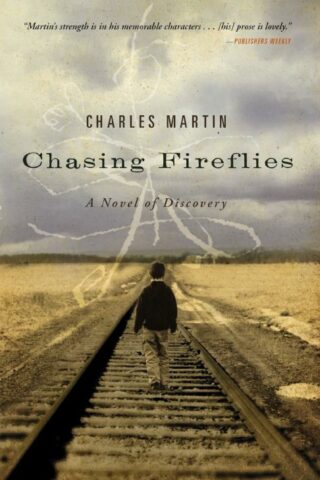
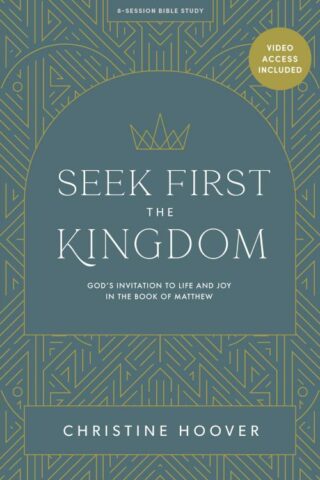


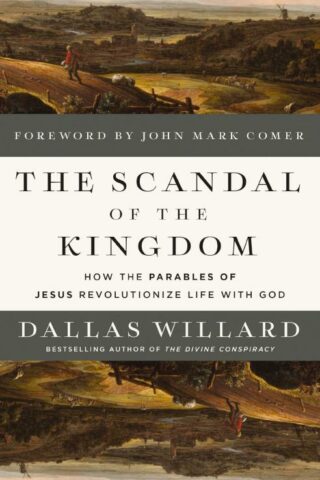




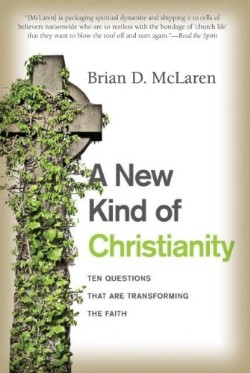




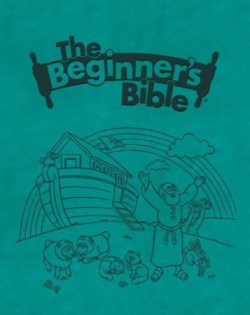
Reviews
There are no reviews yet.